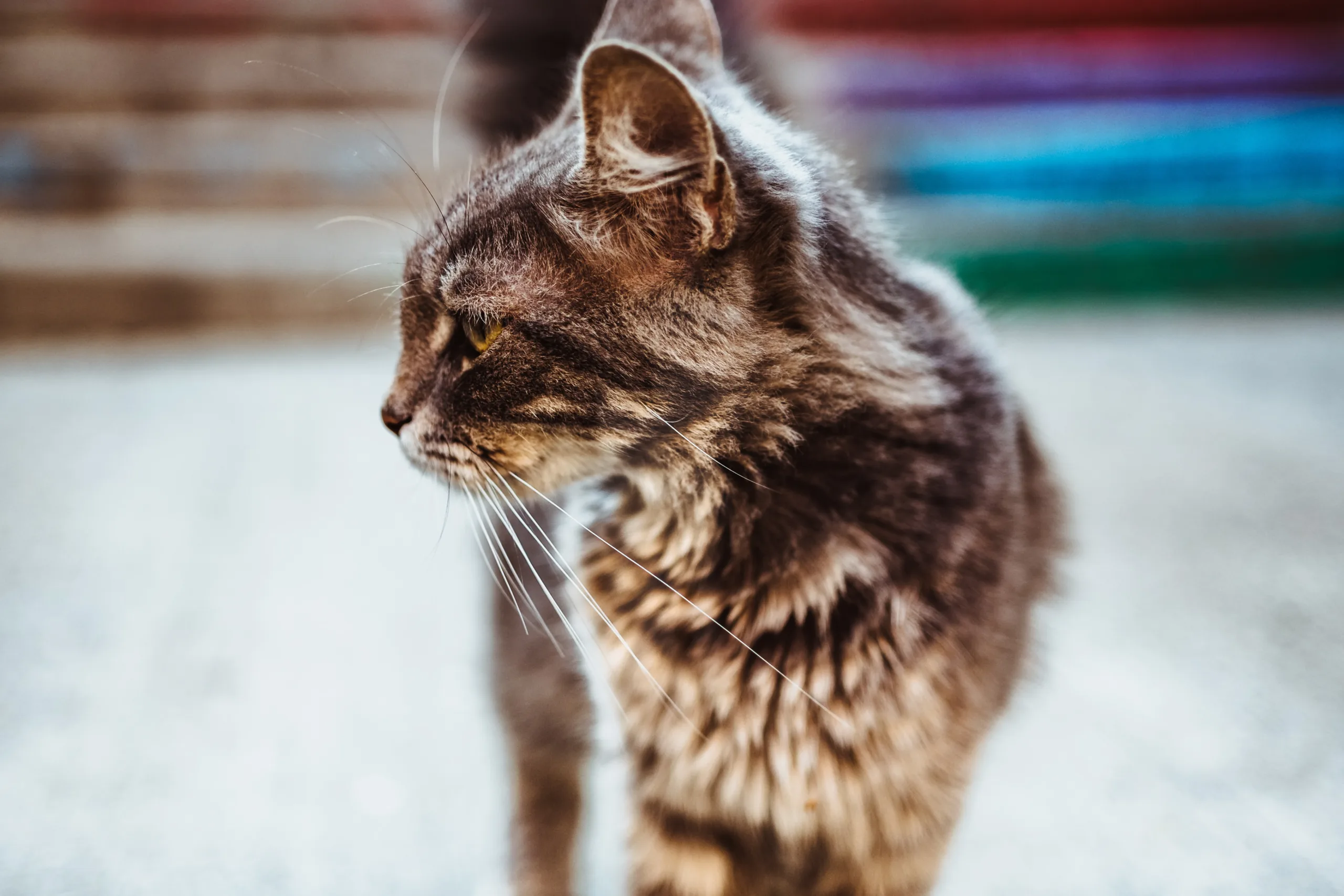As a responsible cat owner, it’s important to be informed about your furry friend’s growth and development, including their reproductive milestones. Male cats, commonly known as toms, go through various stages of sexual development, with their sexual maturity marking a significant phase. In this article, we’ll delve into the topic of when male cats become sexually active, what signs to look for, and frequently asked questions about their reproductive timeline.
For more about cats click here
At What Age Do Male Cats Start Mating?
Male cats typically become sexually mature between 5 to 7 months of age. However, it’s essential to note that the exact age of sexual maturity can vary depending on factors such as breed, genetics, and individual differences. During this time, male cats begin to exhibit behaviors associated with mating, which can be quite noticeable.
Signs of Sexual Maturity in Male Cats
When male cats reach sexual maturity, they start displaying certain behaviors and physical changes that indicate their readiness for mating. Some of these signs include:
- Vocalization: Male cats may become more vocal, yowling or meowing loudly to attract potential mates.
- Spraying: One of the most recognizable signs is urine spraying. Male cats often mark their territory by spraying urine, particularly in areas they consider their territory.
- Aggressive Behavior: Some male cats can become more aggressive, especially when competing for the attention of a female in heat.
- Roaming: Male cats might exhibit a strong desire to roam outdoors in search of potential mates.
- Restlessness: Restlessness and heightened energy levels are common signs of sexual maturity in male cats.
- Testicular Enlargement: As male cats mature, their testicles will become larger and more noticeable.
What Age Do Male Cats Get Balls?
Male cats’ testicles, often colloquially referred to as “balls,” start to develop and become visible as they enter sexual maturity. This usually happens between 5 to 7 months of age. It’s important to note that some breeds might have slightly different timelines for testicular development, so it’s advisable to consult with your veterinarian if you have any concerns.
Can You See Male Cat Balls?
Yes, as male cats reach sexual maturity, their testicles become more apparent and noticeable. You may see two small round structures located in the scrotal sac, which is located just below the anus. If you’re unsure about what you’re seeing, consulting your veterinarian can provide clarification.
Why Doesn’t My Male Cat Have Balls?
If your male cat does not have visible testicles, it’s possible that they have not yet reached sexual maturity. However, if your cat is older and still doesn’t have visible testicles, it could be due to a condition called cryptorchidism. This occurs when one or both testicles fail to descend into the scrotal sac. It’s advisable to consult your veterinarian for a proper assessment and guidance.
Frequently Asked Questions About Male Cat Sexual Maturity
Q1: At what age do male cats start mating? Male cats usually become sexually mature between 5 to 7 months of age, although this can vary.
Q2: How do I know if my male cat is sexually active? Signs of sexual activity in male cats include vocalization, spraying, aggressive behavior, and roaming.
Q3: What age do male cats get balls? Male cats’ testicles start to develop and become visible between 5 to 7 months of age.
Q4: Can you see male cat balls? Yes, as male cats mature, their testicles become more noticeable and can be seen in the scrotal sac.
Q5: Why doesn’t my male cat have balls? If your male cat doesn’t have visible testicles, it could be due to factors such as age or cryptorchidism. Consult your veterinarian for guidance.
In Conclusion
Understanding the timing of male cat sexual maturity is crucial for responsible cat ownership. Male cats typically become sexually mature between 5 to 7 months of age, and during this time, they exhibit behaviors such as spraying, vocalization, and restlessness. The development of visible testicles is also a clear indicator of sexual maturity. If you have any concerns about your male cat’s development or behavior, consulting your veterinarian is always a wise step to take.
Click here for more
